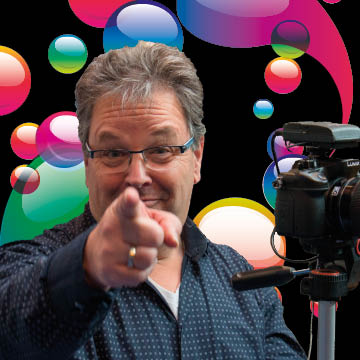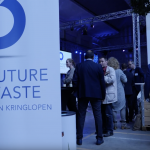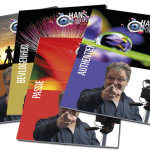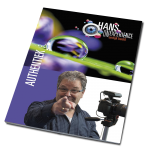I found a very interesting presentation about Experience Marketing (pdf) in the posting of Jeff Kallay. He found it at the e-Strategic Research Consulting Group.
The summary of the presentation:
1. Brand marketers which succeed in the experience economy will use creativity to compete in uncontested market space that leaves their competitors behind while offering a novel approach to solving customer’s needs.
2. In today’s time crunched world, you are competing for someone’s time as much as their wallet. How much time are they spending with your brand? Consumer’s invest their time with brands that make them feel special.
3. To succeed in the experience economy, brand managers will need to focus on the brand as an emotional experience rather then as a set of features and functionality.
4. The individual, not the network, the studio, or the cable operator, becomes the broadcaster in the future, deciding what, when and where they will consume media. You must win an invitation to their show to succeed.









Experience marketing is controversial. I’m reading a book titled: “Hospitality, a Social Lens”, a bundle of papers edited by Conrad Lashley, Paul Lynch, Alison Morrison. The question is raised if customers are not cheated by offering them standardized, commodified experiences. Artificially evoked experiences will in most cases lead to boredom and searching for authenticity. This emerging trend is already visible: TV commercials use more and more exaggerated emotion- and experience presentations because their makers are aware that consumers are more and more aware of “fake”. If they want fake, they’ll buy it (Disneyland, souvenirs, cars), if they want something genuine and authentic, they’ll go for that. Mr. Pine the “inventor” of experience marketing, already adjusted his adagion that you have to make your product or service an “experience”, under the influence of the school which produced the abovementioned book. If you have a genuine experience to offer, that’s OK and market it. But customers will more and more experience what they really experience, nothing more, nothing less. If you sell a washing machine as kind of experience, the customer will ignore it: (s)he is looking for a convenient machine to do the laundry and that’s it.
Experience marketing is controversial. I’m reading a book titled: “Hospitality, a Social Lens”, a bundle of papers edited by Conrad Lashley, Paul Lynch, Alison Morrison. The question is raised if customers are not cheated by offering them standardized, commodified experiences. Artificially evoked experiences will in most cases lead to boredom and searching for authenticity. This emerging trend is already visible: TV commercials use more and more exaggerated emotion- and experience presentations because their makers are aware that consumers are more and more aware of “fake”. If they want fake, they’ll buy it (Disneyland, souvenirs, cars), if they want something genuine and authentic, they’ll go for that. Mr. Pine the “inventor” of experience marketing, already adjusted his adagion that you have to make your product or service an “experience”, under the influence of the school which produced the abovementioned book. If you have a genuine experience to offer, that’s OK and market it. But customers will more and more experience what they really experience, nothing more, nothing less. If you sell a washing machine as kind of experience, the customer will ignore it: (s)he is looking for a convenient machine to do the laundry and that’s it.
Sorry, twee dezelfde reacties. Heb 2x op publiceren gedrukt omdat niet werd aangegeven dat de reactie ontvangen was.